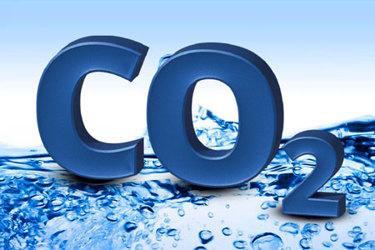Four Important Reasons To Choose CO2 To Reduce Drinking Water pH

The pH level of water plays a significant role in every stage of a municipal water treatment system, from disinfection to filtration to corrosion control. Proper pH management is essential for optimizing the performance of treatment processes. Maintaining optimal pH levels is crucial in drinking water treatment to ensure the safety and quality of the water supply.
Traditionally, liquid acids such as sulfuric acid and muriatic acid have been employed to lower pH levels. However, these chemicals pose a health and safety risk. Their caustic and flammable properties require operators to wear personal protective equipment (PPE) while handling, and they must be carefully stored in proper conditions. As such, many water treatment plants (WTPs) are increasingly turning to carbon dioxide (CO2) dosing to manage pH levels. CO2 provides several advantages over liquid acids. In addition to being easier to use, it is also more environmentally friendly and can have long-term cost benefits.
Get unlimited access to:
Enter your credentials below to log in. Not yet a member of Water Online? Subscribe today.
